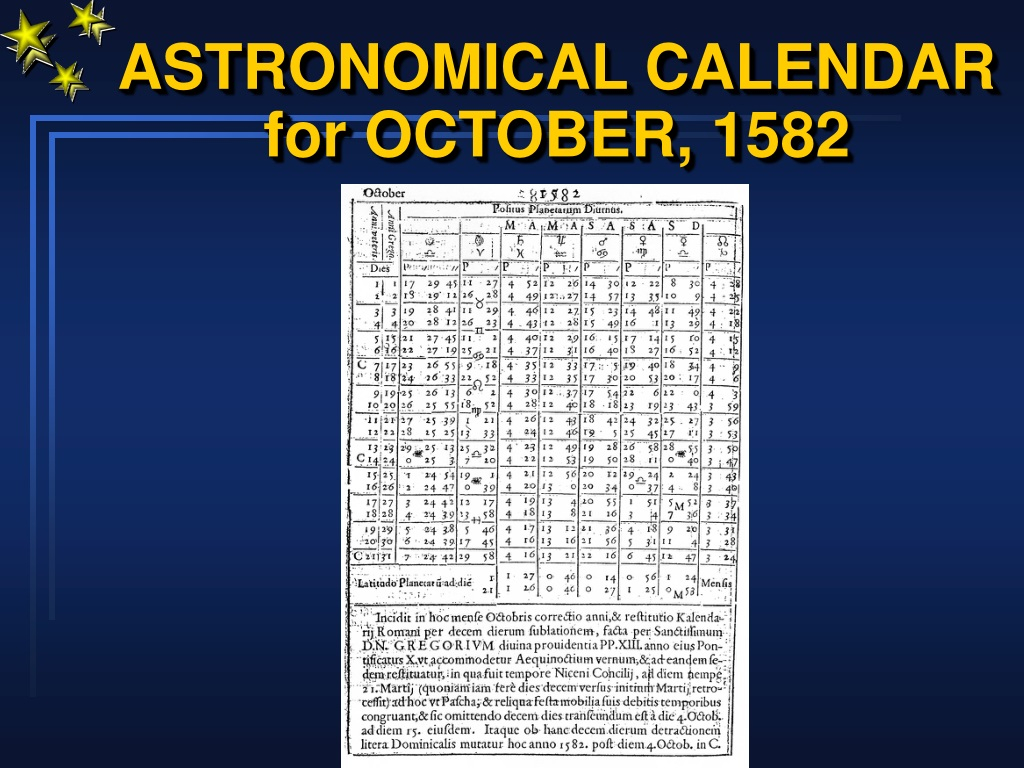In 1582, Pope Gregory XIII introduced the Gregorian calendar to replace the Julian calendar. This change was made to correct the inaccuracies in the Julian calendar, which had been in use since 45 BC. One of the main differences between the two calendars is the way leap years are calculated. The Gregorian calendar uses a more accurate leap year rule, which has resulted in a more precise measurement of time.
The transition from the Julian calendar to the Gregorian calendar was not smooth, as it required the removal of 10 days from the calendar. In October 1582, the dates were adjusted to reflect this change, resulting in the skipping of days 5th to 14th. This adjustment was necessary to bring the calendar back in line with the solar year and to ensure that the equinoxes and solstices occurred at the correct times.
1582 October Calendar Gregorian Calendar
Impact of the Calendar Reform
The introduction of the Gregorian calendar had a significant impact on various aspects of society. One of the most notable effects was the synchronization of the calendar with the seasons, which helped in agricultural planning and timekeeping. The new calendar also had implications for religious observances, as it affected the dates of important Christian holidays such as Easter.
Today, the Gregorian calendar is the most widely used calendar in the world, with most countries adopting it as their official calendar. It is a solar calendar that is based on the Earth’s orbit around the sun and is used for civil purposes in most countries. The calendar has a cycle of 400 years, with leap years occurring in years divisible by 4, except for years that are divisible by 100 but not by 400.
Conclusion
Overall, the introduction of the Gregorian calendar in 1582 was a significant milestone in the history of timekeeping. The reform helped to address the inaccuracies of the Julian calendar and brought about a more precise measurement of time. The calendar continues to be used today as the standard calendar for most countries, highlighting its enduring impact on society.
